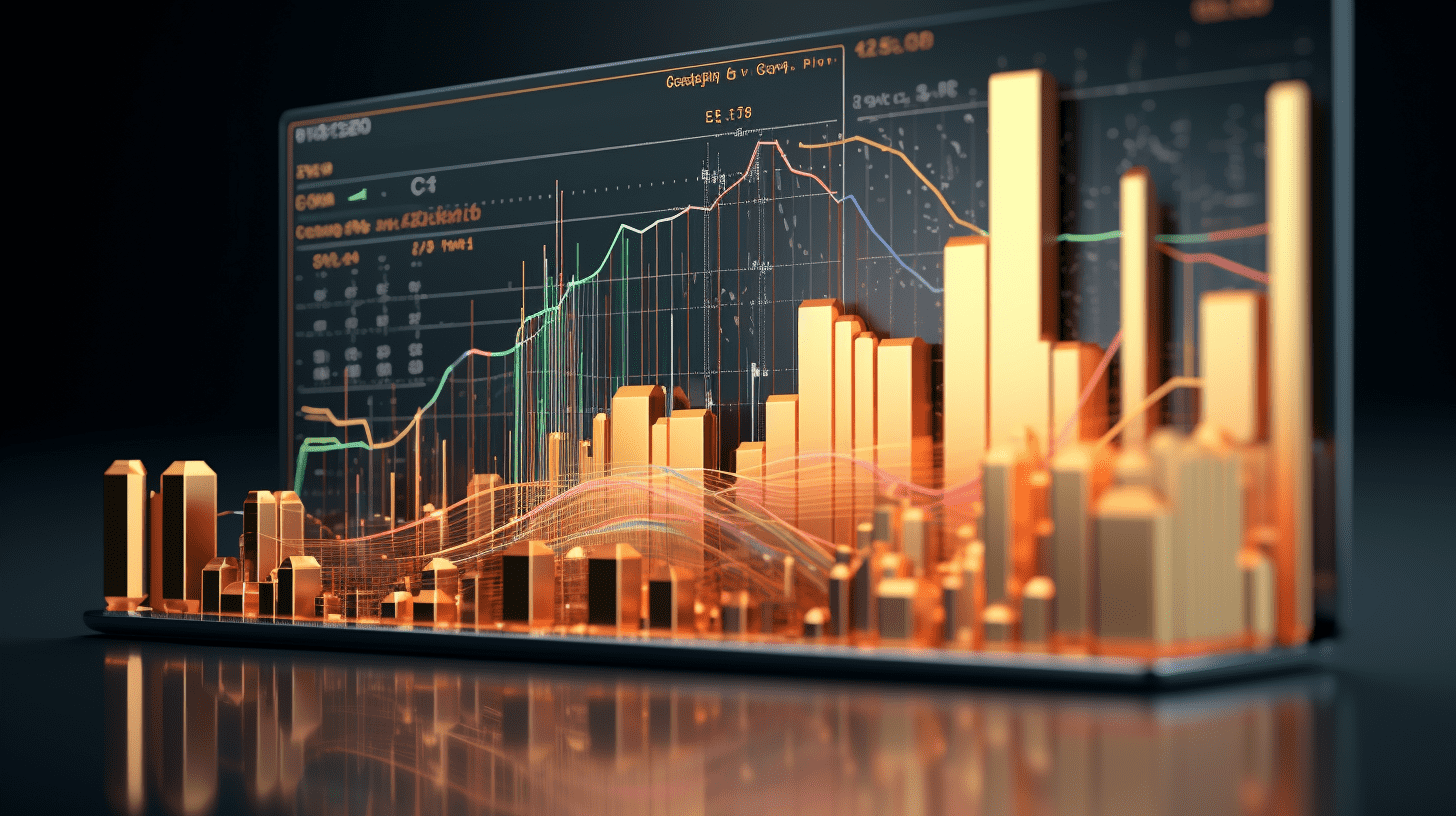Japanese Policy Interest Rates Head Towards 1% - World's Largest Public Hedge Fund Increases Investments in Japanese Bank Stocks.
An investment manager under the world's largest publicly traded hedge fund, Man Group, is currently increasing positions in Japanese financial stocks, as she believes the Bank of Japan needs to raise interest rates to curb inflation.
The investment manager of the world's largest listed hedge fund, Man Group, is increasing positions in Japanese financial stocks because she believes that the Bank of Japan needs to raise interest rates to curb inflation.
Emily Badger, co-manager of the Man Japan CoreAlpha fund under Man Group, pointed out that the relative stability of the yen also provides the Bank of Japan with room for policy adjustments. Compiled data shows that the fund has assets under management of 2.45 billion pounds (3.3 billion dollars), and its performance over the past three years has outperformed 93% of similar products in the industry.
"Current inflation levels are higher than last year, and the yen to dollar exchange rate is more stable than last summer," the UK-based portfolio manager said. "Therefore, we have recently slightly increased holdings in the banking sector, as the path to monetary policy normalization is very clear."
Although the increase in position is limited, it is significant for this long-only fund, as it was underweight in Japanese financials at the beginning of the year. Looking back to the end of 2023, when investors were deeply divided on the outlook for bank stocks before the Bank of Japan exits its negative interest rate policy, Badger believed that the benefits of future tightening policies were already fully reflected in stock prices.
Bank of Japan Governor Haruhiko Kuroda refuted claims last month that the central bank was "lagging behind" in raising interest rates, dampening short-term rate hike expectations. Although the central bank raised its inflation expectations at the latest meeting ending on July 31, investors still perceive its overall stance as dovish.
Currently, overnight index swap rates indicate a 55% probability of a rate hike by the end of the year, significantly lower than the 79% before the Bank of Japan's July meeting. Prior to US President Trump's tariff threat in early April, this probability had reached 100%.
"After the trade situation and political uncertainties subside, policy rates will move towards the 1% level," Badger said.
Badger emphasized that the increase in bank stocks this time is "extremely gradual", and revealed that the fund's major holdings are still concentrated in the automotive and factory automation sectors. She expects these sectors to rebound once the outlook for the US-Japan trade agreement becomes clearer.
Furthermore, she believes that ongoing improvements in corporate governance will boost the performance of Japanese stocks. Despite the Japanese stock market hitting a new all-time high this month, the year-to-date gains still lag behind other markets in the region.
She stated that the next phase of corporate governance reform will focus on enhancing long-term profitability and growth potential of companies, "thus, we firmly believe that the Japanese stock market still holds long-term investment value."
Related Articles

US wholesale inflation may rebound in July, consumers facing greater price pressure.

The US Treasury Secretary called for a 50 basis points rate cut in September, but the probability in the futures market is only 0.1%.

US stocks are not afraid of risks and rise again, with AI and fiscal stimulus as the engine driving the increase.
US wholesale inflation may rebound in July, consumers facing greater price pressure.

The US Treasury Secretary called for a 50 basis points rate cut in September, but the probability in the futures market is only 0.1%.

US stocks are not afraid of risks and rise again, with AI and fiscal stimulus as the engine driving the increase.

RECOMMEND

Hong Kong Stock Concepts | Boosting Consumption: Dual Interest Subsidy Programs Implemented to Benefit Key Sectors
13/08/2025

Countdown to Evergrande’s Delisting: HK$350 Billion in Liabilities, Only HK$2 Billion Recovered
13/08/2025

U.S. July Tariff Receipts Reach Record High, Yet Budget Deficit Continues to Grow
13/08/2025


